You may have seen sprouts in passing at a gourmet sandwich shop or in the produce aisle, looking like loose tangles of little pale threads with tiny unopened peas at the top. You may have even tasted them and enjoyed their fresh, lively taste and texture.
What are sprouts exactly? They are germinated seeds believed to have a higher nutrient content compared to their ungerminated counterparts. Some examples of sprouts are alfalfa, dill, barley, fenugreek, parsley and sunflower. They are especially popular in Eastern countries, playing a large role in their culinary history. In the West, sprouts only gained momentum in cooking in the 1980s, when people became fascinated with “exotic” types of food.
While sprouts may carry an exotic appeal, the main reason you should be eating them is for nutrition and digestion. Sprouts are known for their high proteolytic enzyme content. Proteolytic enzymes are responsible for breaking down proteins from animal sources, ensuring better nutrient absorption and extraction. Typically, these enzymes are available over-the-counter in the form of papain, bromelain and trypsin.
A 2018 study from Chemicke Zvesti showed that active proteolytic enzymes in sprouted seeds assist in digesting external animal proteins. Researchers noted that leek sprouts had the most effective enzymes with gelatin, bovine albumin and casein breakdown.
While the body can produce its own supply of enzymes, this ability eventually diminishes with aging. This would make it necessary that you optimize your enzyme intake to provide your body with assistance for digestion, among other functions.
According to a study from the Proceedings of the National Academy of Sciences of the United States of America, sprouts can have 10 to 100 times more inducer activity than full-grown vegetables. Inducer activity refers to the activation of various enzymes in the body, triggering better enzyme outcomes.
Health Benefits of Sprouts
Some find sprouts to be an odd thing to eat when the full-grown vegetable is on hand, but they come with their own beneficial packages of nutrients that are missing from the full-grown version. It only stands to reason that from the seed to the full-grown plant, there are different nutrients, and some are more concentrated.
The calcium content, for example, can be as high as 107 milligrams in a cup of broccoli sprouts compared to 46 milligrams in the same amount of raw or cooked broccoli.
While an entire cup of sprouts may be a little more excessive than what you’d realistically consume in a meal, the above profile speaks to the nutrition they provide. In a 1990 article by Dr. Geoffrey Savage, he noted that mung bean sprouts had significant increases in folic acid and ascorbic levels and better bioavailability of iron. Folic acid is a B vitamin essential for cellular development and vitamin metabolism, while ascorbic acid is responsible for optimizing immune system function.
The germination process was also observed to lower the levels of phytic acid, which is an anti-nutrient that prevents the absorption of calcium, magnesium and zinc.
| Mung Beans Sprouts Nutrition Facts
Serving Size: 3.5 ounces (100 grams), raw |
||
| Amt. Per Serving |
% Daily Value* |
|
| Calories | 29 | |
| Total Fat | 0 g | |
| Saturated Fat | 0 g | |
| Trans Fat | ||
| Cholesterol | 0 mg | |
| Sodium | 6 mg | |
| Total Carbohydrates | 5.88 g | |
| Dietary Fiber | 2.4 g | |
| Sugar | 4.71 g | |
| Protein | 3.53 g | |
| Vitamin A0 IU | Vitamin C | 14.1 mg |
| Calcium24 mg | Iron | 0.85 mg |
Studies on Sprouts
Brassicaceae sprouts contain high levels of sulforaphane, a compound responsible for supporting important cellular pathways. In a 2019 study from Investigational New Drugs, scientists prescribed broccoli sprouts to patients with advanced pancreatic cancer. They found that patients who supplemented had higher survivability rates than those in the placebo group. However, more research is required to conclude anything.
Another study was conducted to evaluate the biological, alcohol dehydrogenase and the antiproliferative activities of different extracts of mung bean seeds and sprouts. All extracts from the sprouts showed higher contents of total phenolics, total flavonoids and the diphenyl-2-picrylhydrazyl (DPPH) radical scavenging activity compared to unsprouted seeds. The sprout extracts were more effective against human pulmonary carcinoma and human gastric carcinoma cells than the seeds.
The conclusion was that sprout extracts could be a source of antioxidants with health benefits.
Sprouts Fun Facts
If you plan on growing your own sprouts, it’s important to know that seeds available in the market are loaded with pesticides and other harmful chemicals. In fact, a 2015 study from Ecotoxicology found that excessive pesticides may inhibit seed germination. To make sure that you’re using sage seeds, it would be best to get your supply from health food stores. If you’re going to be using grocery store-bought seeds, make sure you only get those labeled solely for sprouting purposes.
If you’re unsure of the seeds you bought, you can try soaking them overnight to get rid of the chemicals. Soak them with about a third full of clean water in a clean Mason-type jar covered with a mesh sprouting screen. The soak time depends on the seed size: five hours for small seeds and 12 hours for large seeds and grains.
In the morning, drain and rinse them, then turn the jar on its side and repeat three times daily until they sprout — on average about three days. Rinsing and draining them three times a day gives them just the right amount of moisture.
A few items to note: Your container should be a quarter to a third full of seeds (they swell to around eight times their original size) and kept at room temperature with good air circulation. Once green tips begin appearing on the sprouts, they can be used immediately or refrigerated for several days.
Summary
Why eat sprouts? Once you get a taste of their crunchy goodness in a salad or on a sandwich, you may find yourself asking for them again and again, or even growing your own — an easy, fun project. But an even more important reason is the truly amazing array of health benefits they provide.
Sprouting has been found to increase vitamin C content, folic acid and calcium, even in seeds that only have trace minerals. When you eat sprouted foods, you increase highly concentrated proteolytic enzymes that make carbohydrates and proteins digestible. Even little sprouts contain 10 to 100 times the glucoraphanin, the main enzyme inducer, compared to the mature vegetable, protecting against chemical cancer-causing agents.
So eat sprouts or grow some — they’re a mega-healthy food we can all live with.

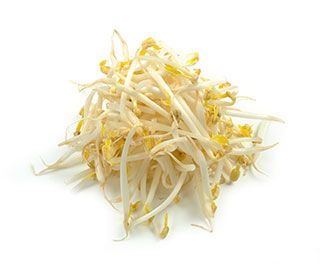
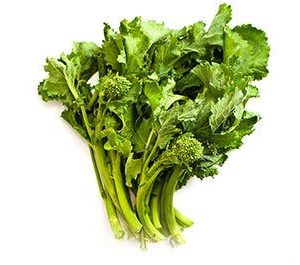
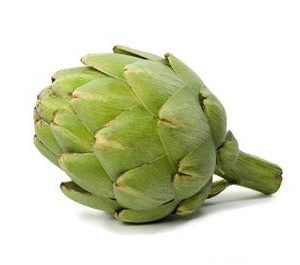
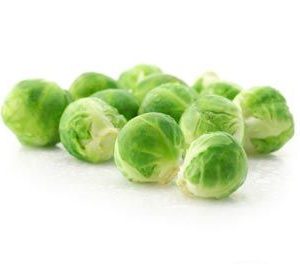
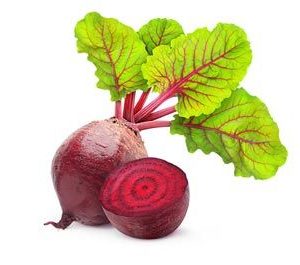
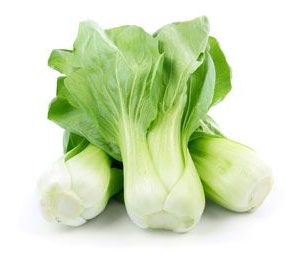
Reviews
There are no reviews yet.